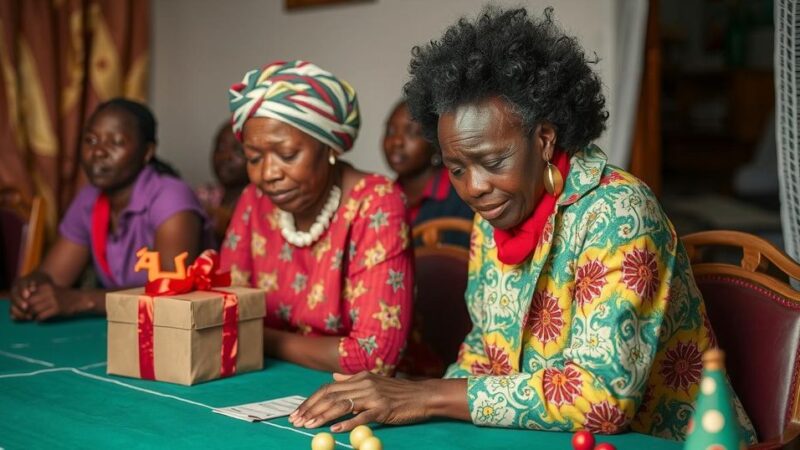Borno State recently held a workshop to discuss the health effects of climate change, focusing on raising awareness among health and environmental stakeholders. The event addressed the relationship between climate change and public health, particularly following recent flooding in Maiduguri. Key insights from the workshop emphasized the importance of community engagement and sustainable practices to mitigate health risks.
The Borno State Ministry of Health, in conjunction with the Ministry for Environment and the UK FCCD Lafita Program, hosted a one-day sensitization workshop centered on the implications of climate change on health. This initiative was designed to enhance understanding among key stakeholders, including health professionals, specialists, and environmentalists, of the health risks associated with climate change and measures for mitigation. Dr. Langana Bukar, Director General of the LAFIYA Project, indicated the timeliness of the workshop, especially in light of the recent flood disaster that affected Maiduguri, which he attributed to climate change. He remarked that a significant portion of the population remains oblivious to the intricate relationship between climate change and health. “This workshop is timely and apt because of the recent flood disaster that ravaged the state which was also as a result of climate change and the health challenges that may follow,” Dr. Bukar asserted. He noted that climate change impacts the environment in such a way that it leads to the emission of harmful substances, including florichorinc and carbon dioxide, which can exacerbate cardiovascular diseases. Ambassador Usman Aliyu, Director General of the Borno State Green Wall Agency, elucidated the concept of the environment as comprising three fundamental components: physical, biological, and socioeconomic. Ambassador Aliyu cautioned against the detrimental effects of agricultural chemicals, warning that their use contributes to decreased soil fertility, groundwater contamination, and subsequent disease outbreaks. “The use of chemical fertilizer, pesticide also have a long run effect on soil fertility, contamination of ground water and destruction of Soil structure which brings disease such as cancer, gastro disease, among others,” he emphasized. The workshop underscored the critical need for public awareness campaigns, training, and the implementation of effective strategies to tackle climate change and its associated health impacts. Stakeholders were encouraged to relay the acquired knowledge back to their communities, enhancing the collective understanding of these pressing issues. This initiative represents a pivotal step towards addressing the nexus between climate change and public health, particularly in the aftermath of recent flooding. By fostering awareness and advocating for prevention strategies, stakeholders are better equipped to contribute to a healthier and more sustainable environment.
Climate change poses profound challenges to public health, with effects including increased prevalence of diseases and health complications due to environmental changes. In regions such as Borno State, where climate-related disasters such as flooding are becoming more frequent, understanding the health implications of these changes is vital. The workshop organized by the Borno State Ministry of Health aims to promote awareness of these critical issues among health workers and environmental specialists, fostering collaboration to mitigate the adverse effects through informed strategies and community engagement.
The recent workshop organized by Borno State underscores the urgent need to address the health impacts of climate change in the region. By raising awareness among health professionals and stakeholders, the initiative aims to bridge the gap in knowledge regarding the interconnectedness of climate and health. The insights presented, especially regarding agricultural practices and environmental health, are crucial for promoting sustainable methods to alleviate the adverse impacts of climate change. It remains essential for all stakeholders to actively disseminate this knowledge within their communities to foster resilience and adapt to changing environmental conditions.
Original Source: www.nationalaccordnewspaper.com







